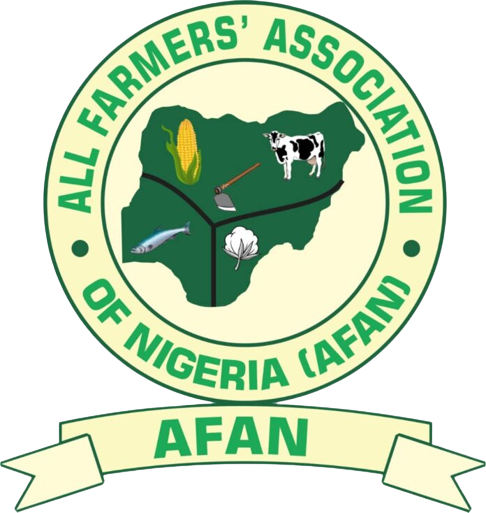Stakeholders in Nigeria’s agriculture sector have urged the federal and state governments to prioritize capacity building for youth and women in agriculture on modern technology and innovations.
The stakeholders, who spoke at the National Agriculture Show “Youth and Women in Agriculture Seminar’’ on Friday in Nasarawa, said such empowerment was key in achieving the presidential declaration of emergency on food security.
The theme of the seminar is “Enhancing the Capacity of Women and Youth towards Realizing the Presidential declaration on Food Security Emergency in Nigeria.’’
The acting Chairperson, All Farmers Association of Nigeria (AFAN), FCT Chapter, Perpetual Okafor, identified capacity building for youth and women in agriculture as a necessity move that should not be taking for granted.
Okafor advised against overlooking the importance of technology in current agricultural practices adding that there was need to embrace some agricultural technology such as cyber-extension, among others.
She said embracing such would assist the country to address the issues of climate change and security challenges in the country.
“To ensure the involvement of youth and women in all areas of agriculture, there is need to encourage them to participate actively towards the achievement or attainment of food security in Nigeria.
“This will best be done by ensuring that agricultural activities are made attractive and agriculture to be seen as a good venture and lucrative business hence it is referred to as agribusiness.
“Let us make haste to enable us bridge the gap between the causes that led to this challenges that brought about declaration of emergency on food security.
“I implore Nigeria government not to allow this declaration to be politicized but to ensure all that are needed to achieve food and nutrition-secure nation are put in place possibly within the first tenure of their office,’’ she said.
The Head of Gender, Federal Ministry of Agriculture and Food Security, Mrs. Ifeoma Anyawu, said government should invest in policies and practices that provided access to land, credit and banking services, education and knowledge as well as technical skills for youth and women.
According to her, the number of young people of working age is increasing while this same group typically rejects careers in the agriculture and food system.
She, however, said that the country could reverse the trend and cultivate the next generation of agricultural leaders not just farmers but food entrepreneurs, scientists, agronomists, extension agents, union and government leaders.
Anyawu said the seminar was to re-awaken the conscience of Nigeria to adopt good agronomic practices, raise awareness on some key challenges that women and youth are facing.
She listed some of the challenges as limited or lack access to credit, land, security challenge, educational opportunities and gender discrimination, no proper training to improve their farming methods.
The Chief Executive Officer, Fresh and Young Brains Development Initiative, said that theme identified four pillars of food security as availability, Mrs. Nkiruka Okonkwo, access, utilization and stability.
Okonkwo, who identified women and youth as critical stakeholders in achieving food security, said it was necessary to enhance their capacities to contribute to the realization of the declaration on food security emergency.
“Building the capacity of women and youth on gender-responsive budgeting, value chain development, climate resilient and nutrition-sensitive agriculture, access to finance, technology and markets are pivotal in addressing key challenges faced by them.
“I recommend that government should undertake an urgent needs assessment to ascertain the food security challenges of women and youth at all levels in the country and possible actions to address them,” she said.
The seminar featured a panel discussion on challenges and way forward on the achievement of the presidential declaration on state of emergency on food security in Nigeria.
The panelists were drawn from the Federal Government-International Fund for Agricultural Development-Value Chain Development Programme (FG/IFAD-VCDP), FG/IFAD-Livelihoods Improvement Family Enterprises Project in Niger Delta (LIFE-ND).
Others included Federal Ministry of Agriculture and Food Security, ActionAid Nigeria, Smallholder Women Farmers Organization of Nigeria (SWOFON), AFAN, Ministry of Youth Development, Nigeria Agribusiness Group and Youth in Agriculture.


